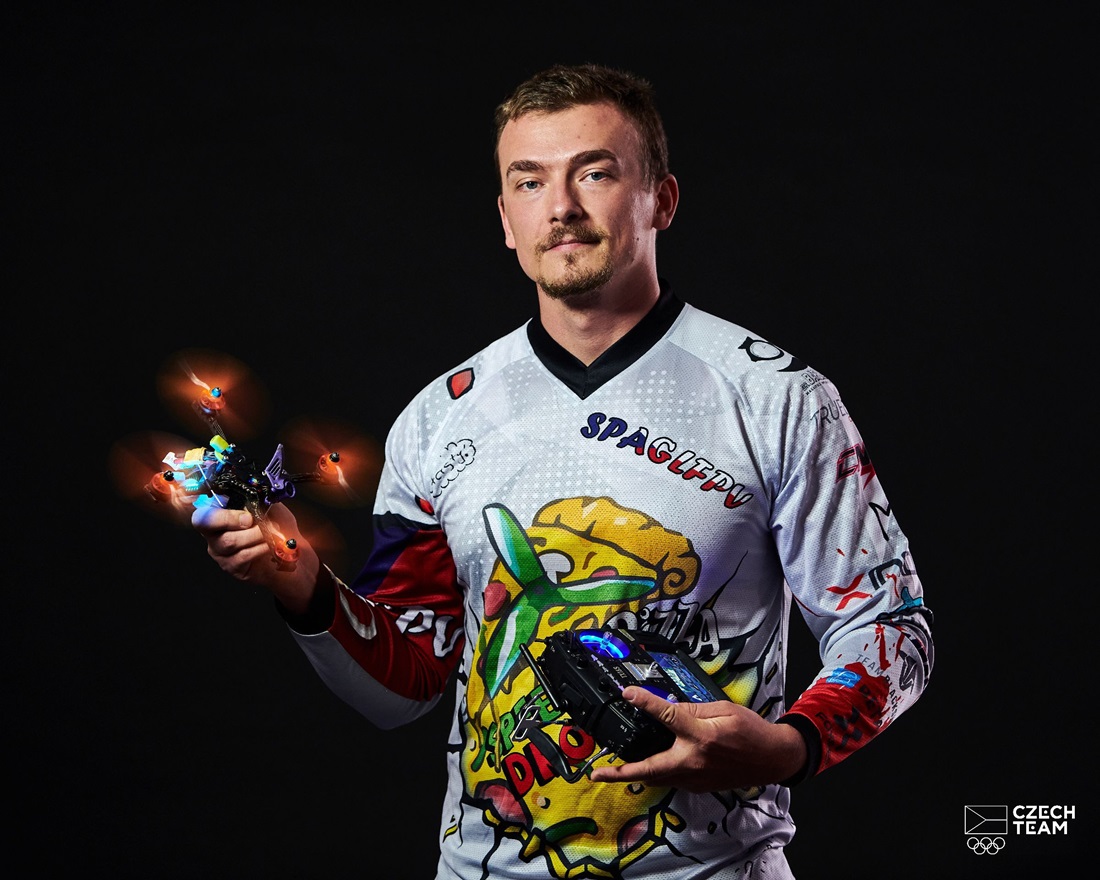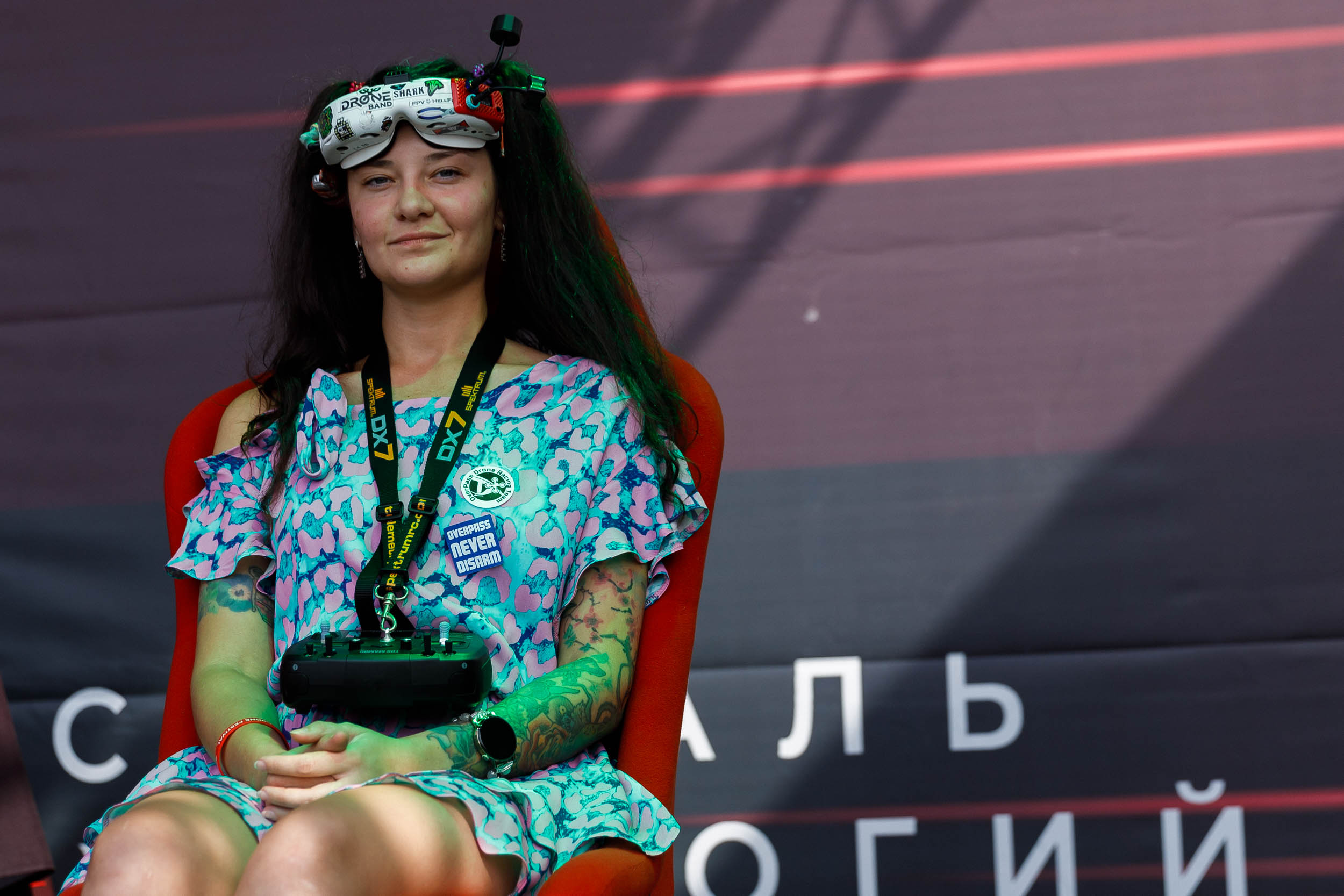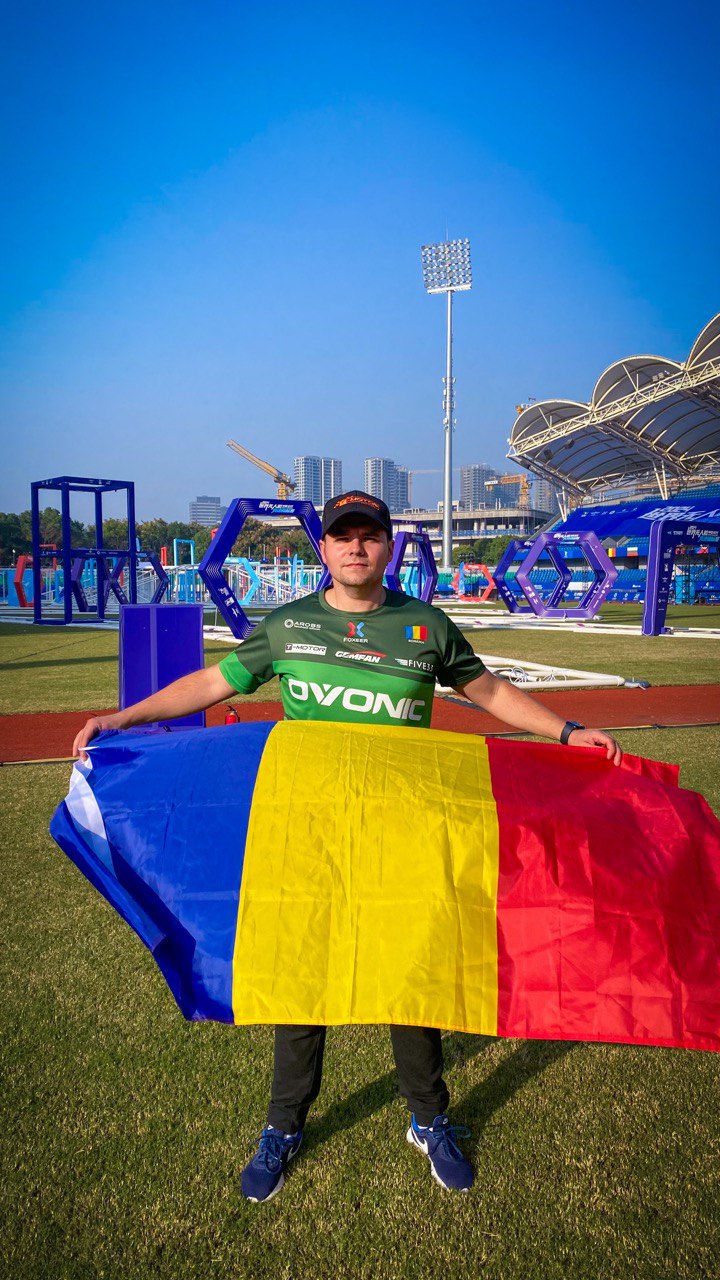Meet the organisations and pilots developing Drone Racing
The work of FAI members and National Federations is crucial to grow the sport of drone racing. We hear from members and pilots alike on their activities.
With any fast-growing sport, national federations play a vital role. From securing funding to governance to nurturing talent, national federations and FAI members play an important part in how drone racing evolves.
In some countries, such as Japan for example, there can be legal barriers that need to be overcome. “Due to strict regulatory requirements under the National Radio Act, including the need to obtain various permits, the conditions for participating in official competitions are quite demanding,” says Shinya Matsuzaki, speaking on behalf of the Japan Aeronautic Association. He says the Japan Model Aeronautic Federation, which is the national body of aeromodelling, works in collaboration with national racing organisations to promote racing activities, including the challenge of participating in international competitions.
Despite these challenges, the Federation has two pilots qualified for The World Games: reigning World Champion Yuki Hashimoto and Hina Sato. It works in close collaboration with national racing organisations to promote the sport, including efforts to overcome the challenges of competing internationally.
Eric Li-Koo, a committee member of the British Drone Racing Association (BDRA) says the work of national federations often relies on a small number of dedicated volunteers. “I’ve done everything from organising and directing races, developing software and hardware, writing the rules and general advice on how to ensure events run smoothly and safely,” he says.
He’s been running races since 2013. “More recently, I have started focusing on youth organisations to get our youngsters interested in the sport, which I feel is a fantastic gateway to other science, technology, engineering and maths (STEM) activities and a step up for related careers,” he says.
However, despite best intentions, it can sometimes be a struggle to develop the sport and unfortunately, there will be no British athletes at this year’s The World Games. Covid, lack of funding and lack of awareness of the sport have all made it challenging.
The Czech drone pilot David “spaglFPV" Špaček, who has been racing internationally since 2018 and is preparing to compete at The World Games in China, says one of the problem is lack of local races. “There are few local races being held by hobby pilots and usual attendance isn’t high. From my point of view, people are little scared of traveling abroad to compare themselves with other pilots. Compared to other countries, where you can find clubs being held by either universities or local teams, where people practice together to then attend international races, we do not have this.”

David “spaglFPV" Špaček (CZE)
He says his efforts to encourage young pilots to compete abroad have not been successful either. To help change that, he’s set up a local club. “The aim is to provide a training field with permanent track publicly plus helping members with all the necessary stuff (like racing settings, the process of registration to the races, insurance and so on).”
It’s a view echoed by the pilot Natalia Astakhova, who is trying to encourage more women to get into the sport in her home country of Serbia. “In such a small country as Serbia, drone racing is just at the beginning of its development,” she says. “The federation supports it as much as it can, but unfortunately the whole country does not have many opportunities. For my part, I try to inspire young girls through my social networks, as well as at all competitions where there are spectators with children. They are very interested, and the main thing is to captivate them with something that they can do.”

Natalia Astakhov (SRB)
Aladar Grunner, aka Ali Green, is one of the drone racing pioneers in Romania. He says drone racing started to take off around 2017 and national championships were held throughout the country until 2020. “The racing community needs a bump and support for the following years so there would be more racers in the community and we can practice more people together and have constant races annually,” he says. “With the support of the Romanian Modelling Federation (FRMD) we hope to soon have an FAI World Cup race.”

Aladar Grunner, aka Ali Green (ROU)
This is one of the reasons why The World Games is so important for the sport. “We believe that being held as an official event in a major international competition will contribute to increased recognition and lead to further development of the sport,” says Shinya Matsuzaki.
“The World Games is of great importance,” he adds.
About The World Games
The World Games: 7-17 August 2025
The World Games drone racing event: 13-16 August 2025
FAI will provide extensive media coverage of the drone racing event.
The World Games is a prestigious multi-sport event organised by the International World Games Association (IWGA) under the patronage of the International Olympic Committee (IOC).
Held every four years, The World Games showcases the best athletes in non-Olympic sports, providing a global platform for emerging and innovative disciplines. Air Sports have been part of The World Games since 1997.
Top picture: Team Japan at the 2024 FAI World Drone Racing Championships - credit AFSC

